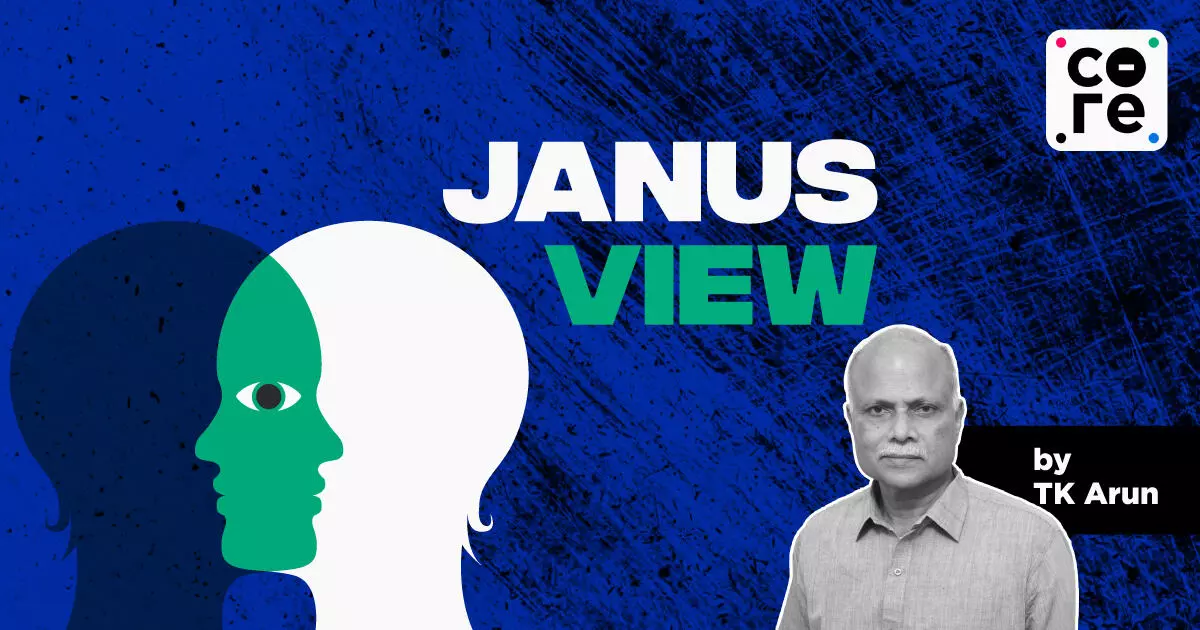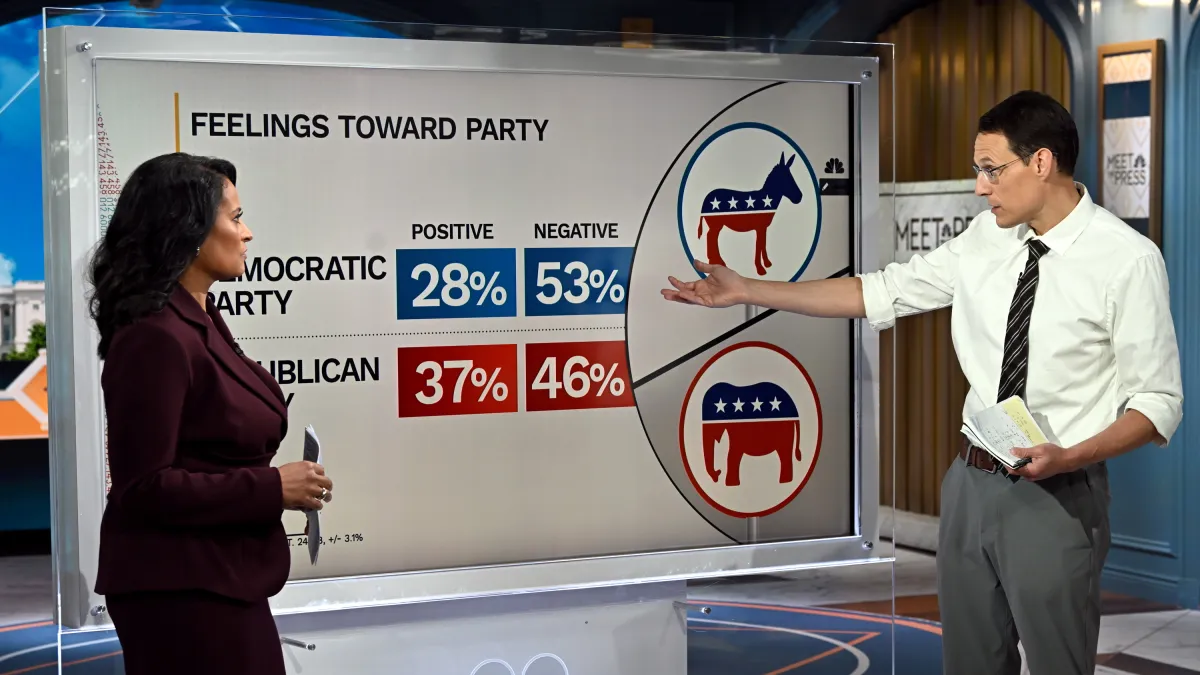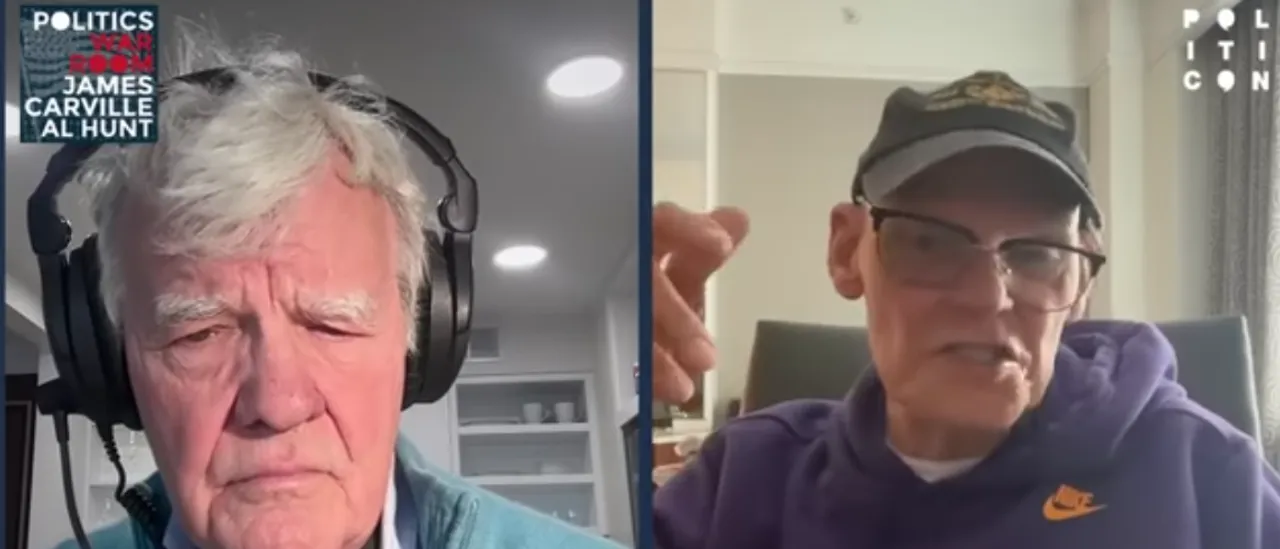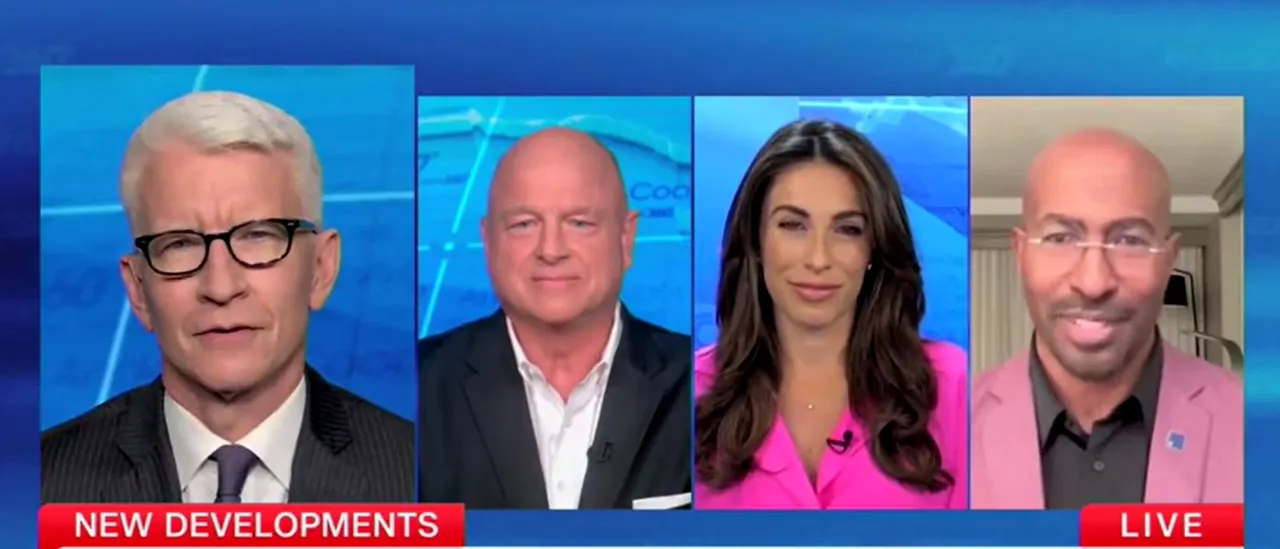Copyright thecore

The stock market indices in India continue to be below their record high reached in September 2024. The Artificial Intelligence (AI) frenzy in the US keeps its market indices elevated and buoyant. Other markets rise in sympathy, or, at least, avoid sharp falls. In any case, an IPO boom continues in India. According to Bernstein, India saw the world’s fourth largest funds raised via IPOs in the calendar year so far, totalling over Rs 126,000 crore. So far, so good. The trouble is when we correlate this with the RBI study that finds that Indian households have been borrowing to finance consumption and investment in financial assets. The RBI has loosened bank lending to finance IPOs. The net result is to let households borrow to hand over capital to companies in overpriced IPOs. This would not have been so bad if the capital being raised by companies goes into fixed investment in plant and machinery. But private sector investment remains stagnant, by all available indicators. Promoters are making use of the retail investors’ appetite for IPOs and the high prices in the market to sell chunks of their holdings in their companies. The capital available with them could finance fresh investment, if the climate for growth and investment improves. Oil prices have slackened, thanks to tardy global growth. Chinese manufacturing continues to grow, but barely, according to their latest PMI numbers. The US government is caught up in its longest shutdown in history, forcing the government to ask airports to cut back on the number of flights allowed to take off or land, as fewer air traffic controllers are available to do duty. The Trump regime has received a major political setback in the elections this Tuesday. In New York City, a Democratic candidate, Zohran Mamdani, emerged victorious. Trump had labelled him a Communist and endorsed his closest rival, former Democrat Andrew Cuomo, ignoring the official Republican candidate. Mamdani overcame accusations of being a terror sympathizer and an anti-Semite — he supports Palestine and has been vocal against the genocide in Gaza. His identity as a Muslim and an immigrant were sought to be used against him, as also his political allegiance to the ideology of Democratic Socialism, equated with being un-American in that country’s political discourse. His lack of experience and earlier rhetoric on defunding the police were presented as critical flaws. Political Action Committees and Super-PACs liberally funded campaigns against him and for Cuomo. But his focus on making New York affordable, and his creative use of social media to reach young voters made him unstoppable. Democrats won in Virginia and New Jersey, where new governors were elected. California’s voters gave their approval to a Democratic move to redraw electoral districts to provide partisan advantage to Democrats, to offset similar Gerrymandering already achieved in key Republican states. These setbacks point to Trump losing support. The US Supreme Court is poised to give its verdict on the administration’s appeal against lower court rulings against Trump’s use of economic emergency powers to levy steep tariffs on imports. The power to levy tariffs is vested in Congress. Remarks made by Supreme Court justices suggest that they could well rule against the tariffs. However, there are other laws under which the President could reinstate the tariffs, until Republican-controlled Congress grants the President the power to wield tariffs as he deems fit. One fallout of the domestic setbacks could be to persuade Trump that he needs distractions abroad. Already, the US has revamped a naval base abandoned two decades ago in Puerto Rico, possibly to serve as a staging ground for an attack on Venezuela. Trump has declared Venezuela, under its current leader, Nicolas Maduro, a narco-state, exporting drugs and ruin to the United States. Trump has also issued a warning to Nigeria, threatening to send in American soldiers guns a-blazing, if the supposed slaughter of Christians in that country by Islamic terrorists is not immediately halted. While Islamic terrorists are, indeed, at work in northern Nigeria, they attack people of all religious and ethnic identities, and do not specifically target Christians. Another kind of clash goes on between Muslim Fulani tribesmen, who herd their cattle onto farmland, given the drying up of traditional pastures owing to prolonged drought, and settled cultivators, who happen to be Christians. But this has more to do with climate change, whose existence Trump denies, rather than religious animosity. This year’s climate summit, COP30, has begun in Brazil, attended by just 60 heads of state. Given the failure of past summits to yield much action on climate mitigation or adaptation, it is difficult to consider this a tragedy — except for the stretch of rain forest that Brazil has cleared to prepare the venue for the summit. Mexico’s president Claudia Sheinbaum was groped on the street in Mexico...



